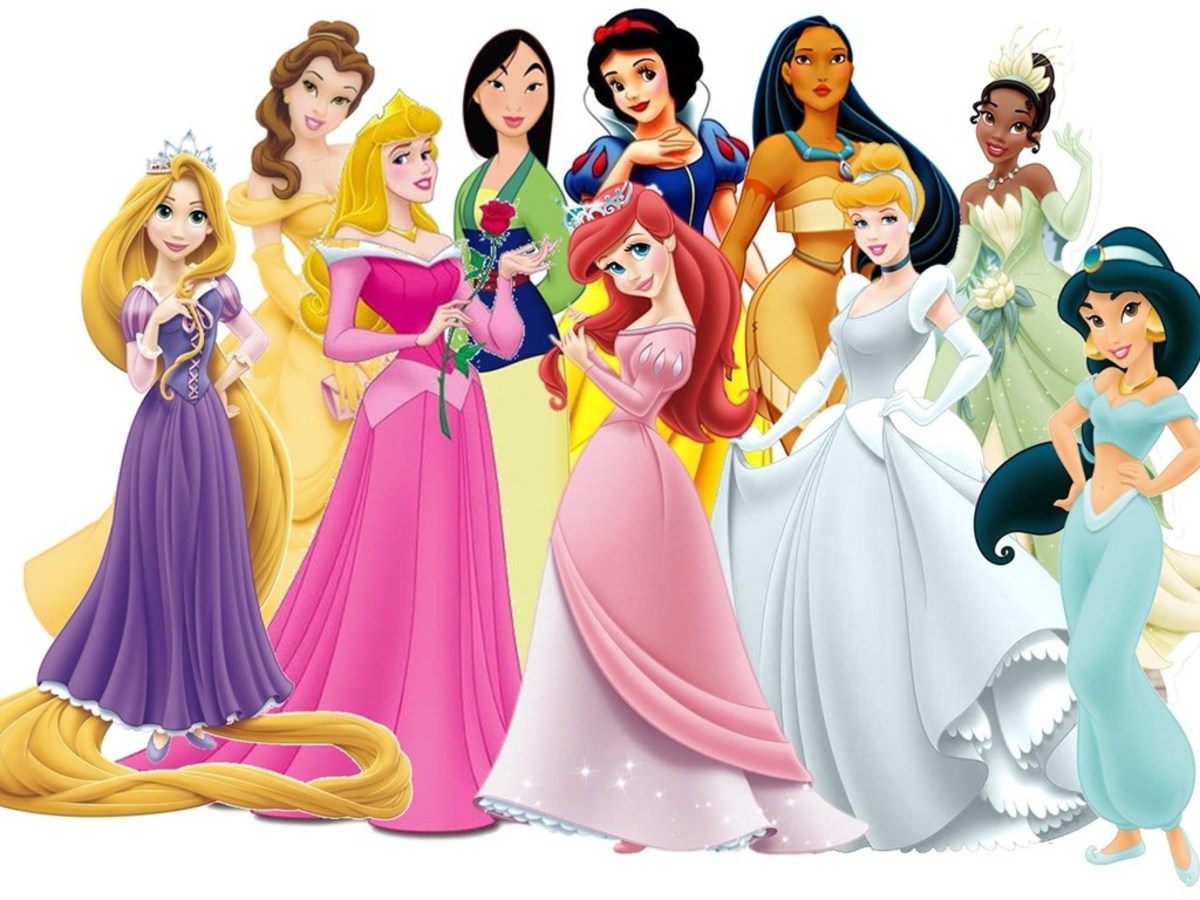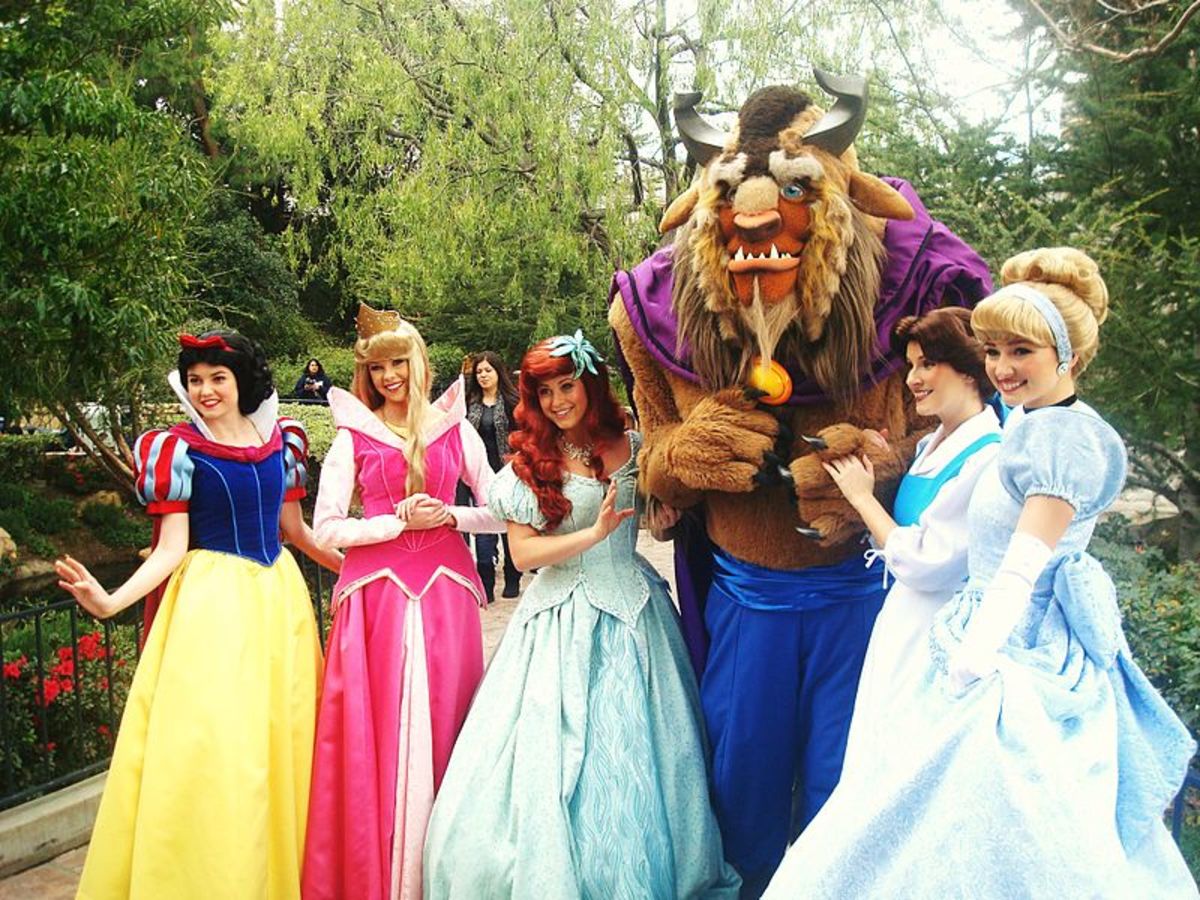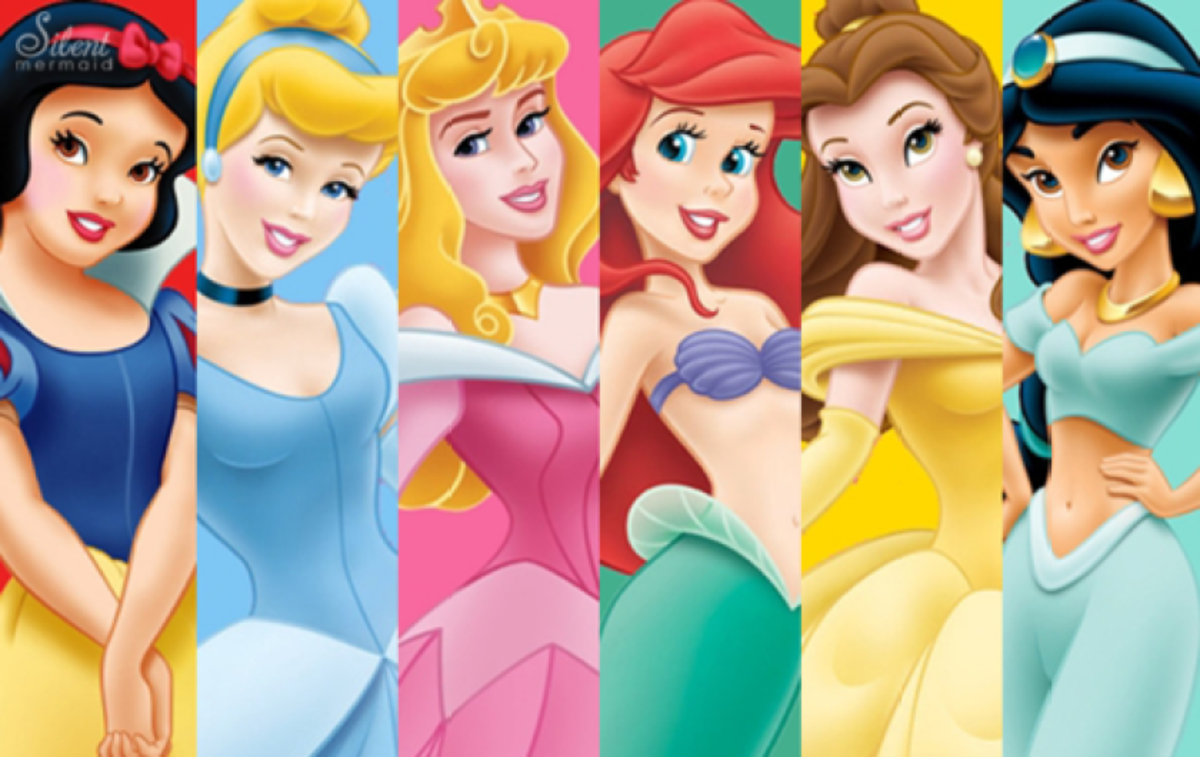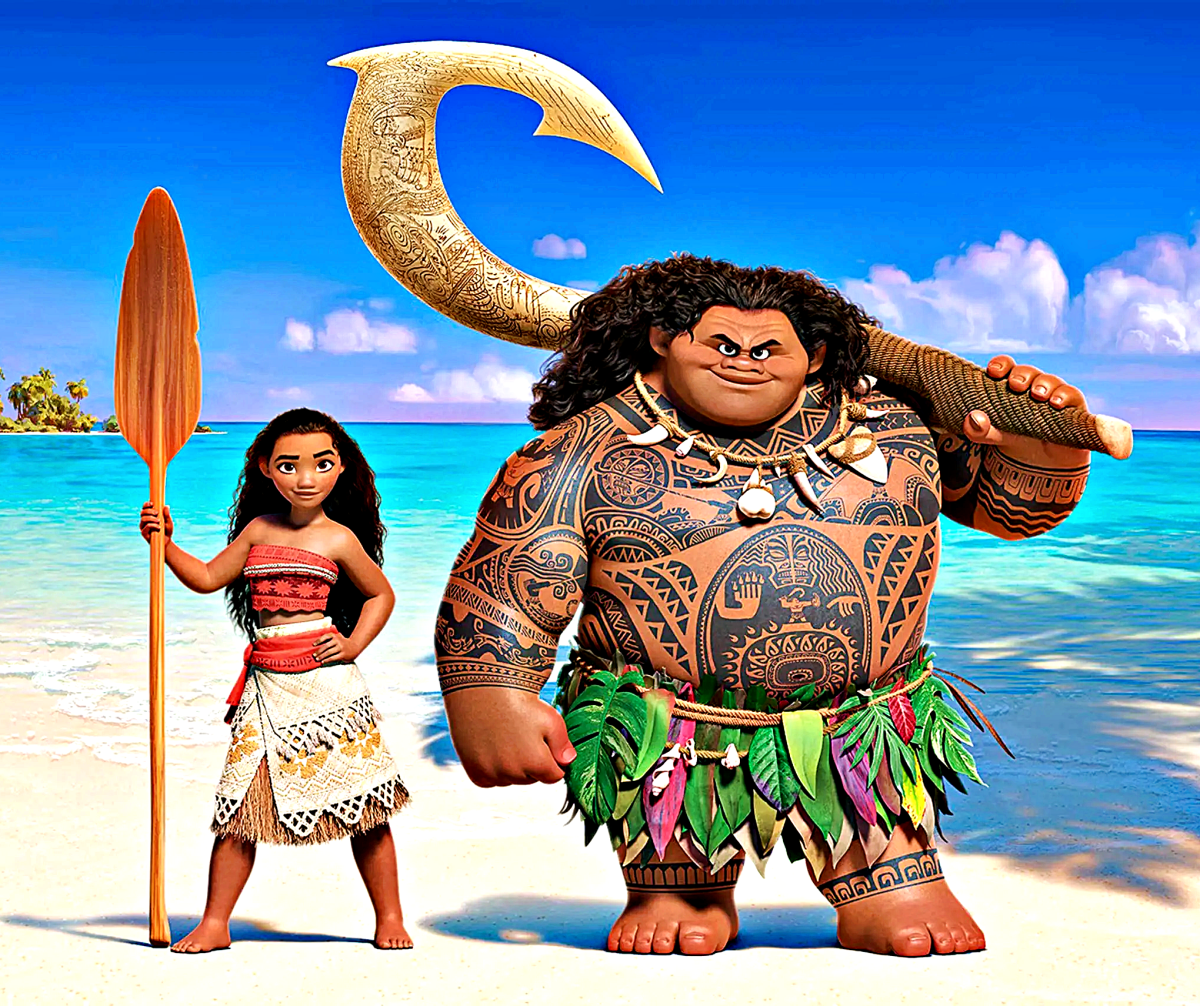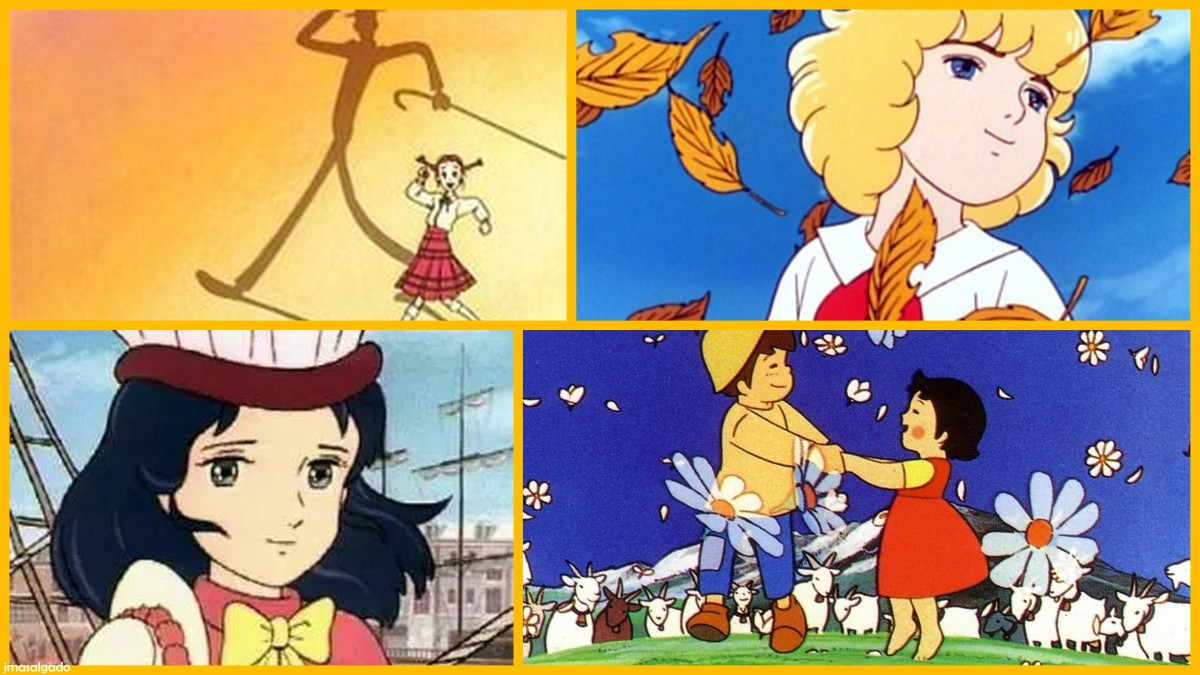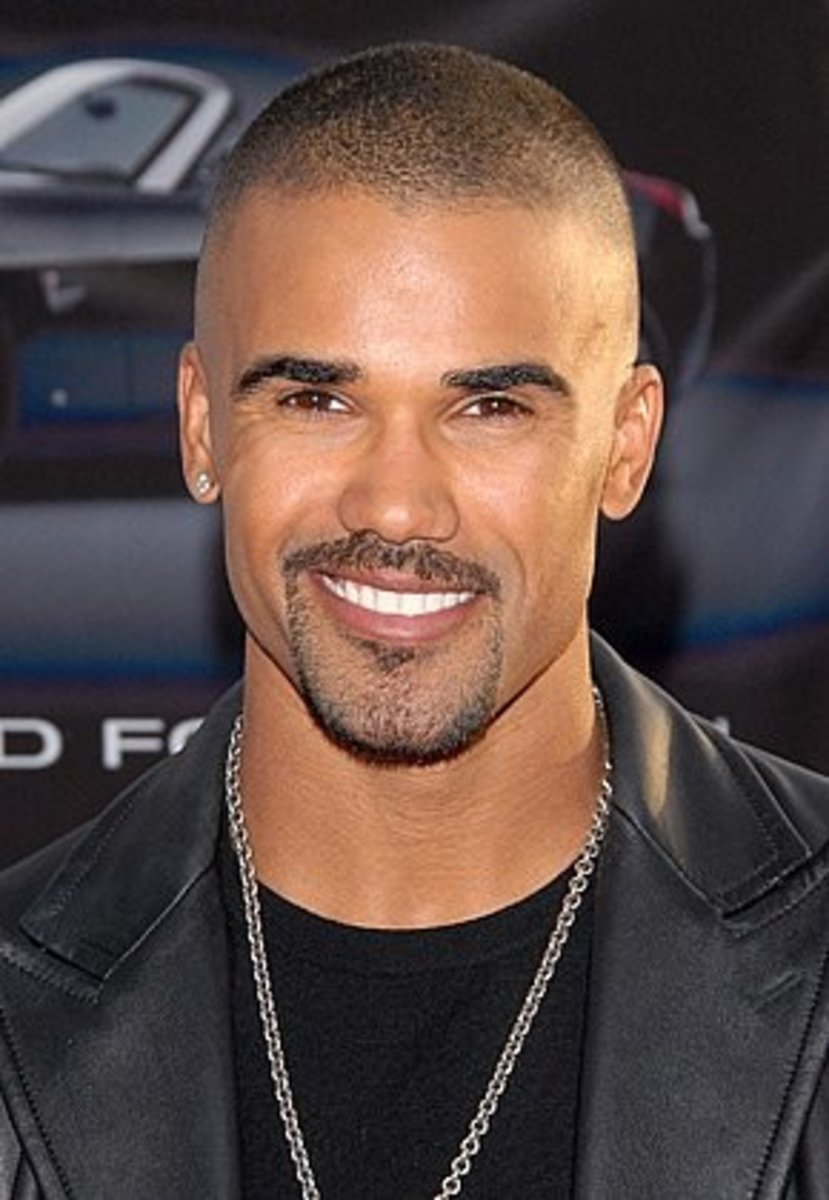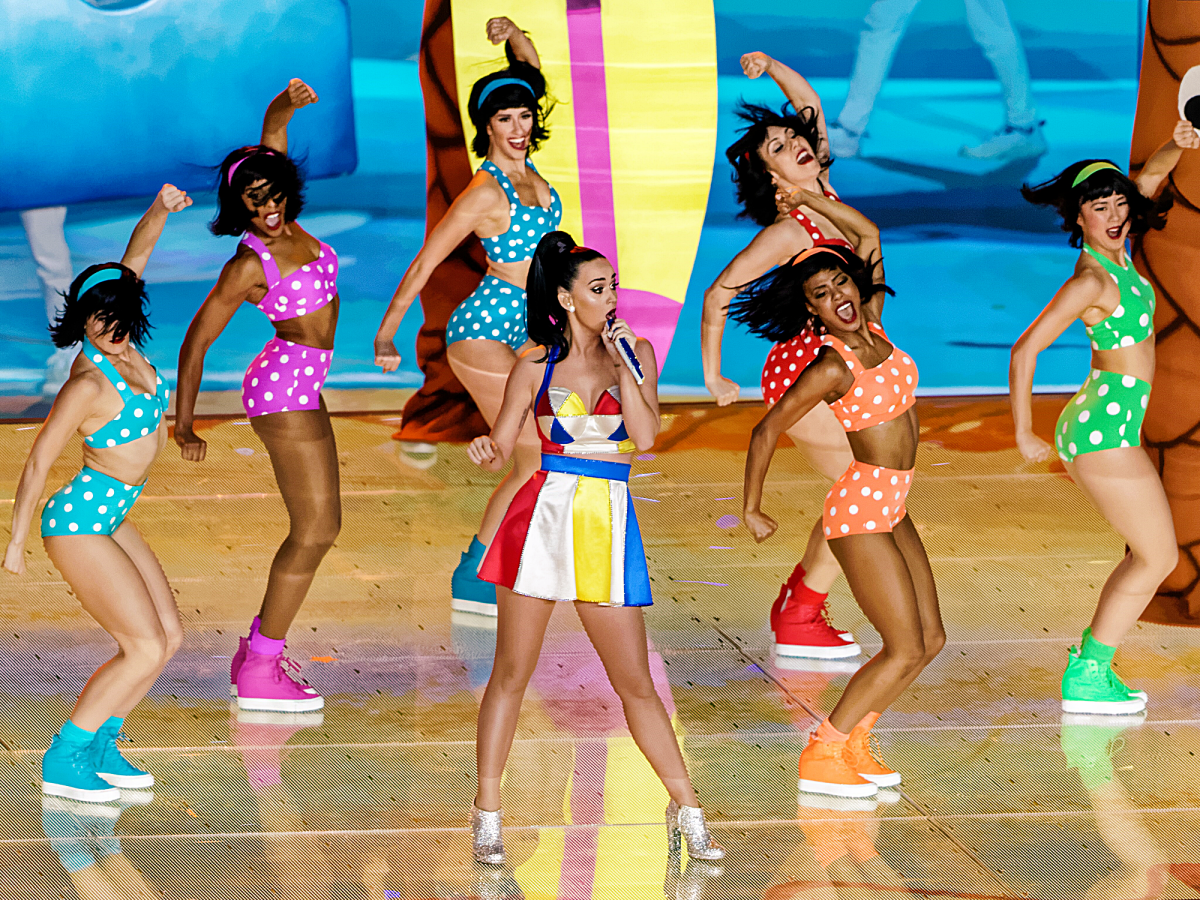Disney Princess Merida's Makeover and the Disney Princess Problem
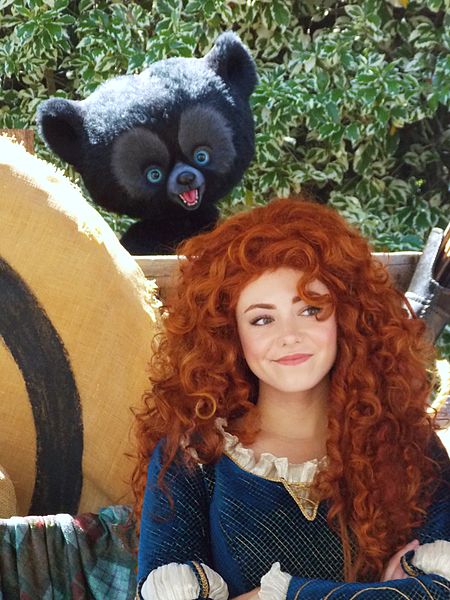
Disney Princesses have been a part of the animated empire since Walt brought the Snow White masterpiece to the screen.
The ideal princess, though far from reality, was a fairy tale dream that many little girls followed.
Even as the princess became stronger and more self-assured, the ultimate goals from the thin-waisted beauties was to get the guy.
When Brave came along that changed.
Merida: A Different Kind of Princess
Instead of longing for her prince, Merida just wants to be herself.
She is free-spirited and loves archery.
When rival suitors come to fight for her hand she suggests an archery contest.
She then enters the contest to win her own hand and save herself from a marriage she doesn't want.
The movie also strays from the usual Disney theme of the absent mother. Instead, the mother is not only present but her relationship with Merida is one of the main focal points of the movie and it is ultimately the healing of their relationship which is the goal and not the false, happily ever-after of the early versions of the princess.
Glamming Up Merida
In 2013, Disney introduced a more glammed up version of Merida.
Gone was the more tomboyish and youthful looks, replaced with an older, slimmer and more "come-hither" Merida.
The public outcry was evident with petitions and social media deriding the change in appearance to this different, more modern princess.
Disney claims that the princess was only glammed up for a limited run of products and that her original image would continue to be used.
Co-Director Brenda Chapman noted in an interview with The Guardian "It's horrible. Merida was created to break that mould...To give young girls a better, stronger role model, a more attainable role model; something of substance, not just a pretty face that waits around for romance."
The fact that the public reacted this way to the glam makeover of the princess shows a shift in public sentiment towards princesses, role models and the messages that they send to young girls.
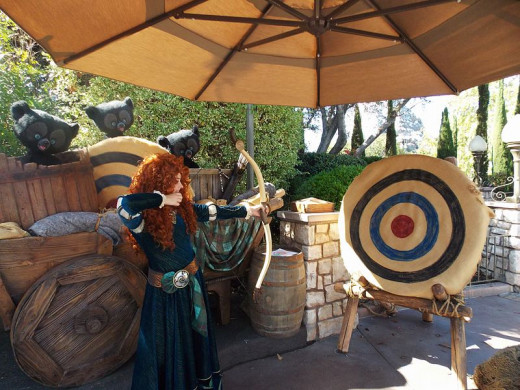
Monika Bartyzel of The Week noted that Disney princesses have always had a problem with reducing women and their roles to stereotypes and archetypes.
Peggy Orenstein, an outspoken critic of selling princess ideals to young girls and author of "What's Wrong With Cinderalla" talks about the problems young girls may encounter when they are expected to hold up these fictional characters as an ideal.
Messages From Disney Princesses
In Orenstein's now famous essay, she examines the girly-girl culture associated with the princess phenomenon and questions what messages it is sending our young girls.
Up until the last few years, Disney princesses have been a variation on a theme. Young, thin, white, beautiful and looking for true love. Because we all know that after you find your true love, there are never, ever going to be any problems ever again.
Princesses showed young girls, however unconsciously, that to be successful you need to be beautiful, girly and somewhat helpless--especially when it came to your man saving the day.
Let's look at some of the stereotypes that princesses encompass and the lessons they teach young girls.
You Need A Man
Traditional Disney princesses are all searching for a man. They want true love and the safety that they suppose it brings.
They will sacrifice their life, their family and their individuality in order to gain their true love's notice.
And then, once they have him?
Hearts and flowers and little birds tweeting as they ride off happily ever after.
The message little girls receive is that you aren't complete until you have a man.
You Need to Be Thin
And not just thin---impossibly thin with a pencil thin waist and delicate hands, legs and arms.
None of these sporty girls will do. The overweight girl? Well she's just a side-kick at best and a villain at worst.
Attractive princesses are dainty and slender and delicate. Anything else means she's not a real princess.
Is it any wonder that anorexia is showing up in younger ages?
You Need to Be Girly
You should be sweet and like pink and dresses and long curly hair.
No need for getting dirty and running around.
In fact forget hard, physical work of any kind.
So all those girls that find dresses itchy or don't really want to wear long hair are getting the message that this is not good enough if you want to be a true princess.
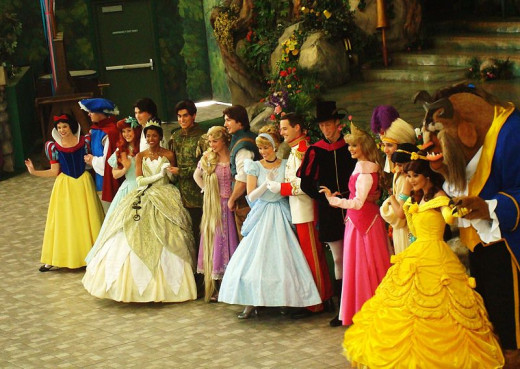
What Messages Do Boys Receive?
Boys too are stereotyped in this process, also facing a narrow definition of masculinity and the indictment that they must always be strong and brave and protect the weak, helpless girl.
The stereotypes feed into the outdated ideas of patriarchal dominance, making any boy who falls outside of this feel like he's not manly enough.
He also sees this ideal being pursued by all the females around him and it taints his ideas about what a woman should be and narrows the definition.
Princesses Need That Modern Twist
It is no wonder that many families went up in arms over Disney's make-over of Merida.
No matter how temporary the change might have been, the message is loud and clear: Disney doesn't quite know what to do with this sporty, active and opinionated young woman now that they have her.
In her essay, Orenstein quotes Lyn Mikel Brown who notes “Playing princess is not the issue...The issue is 25,000 Princess products,”
“When one thing is so dominant, then it’s no longer a choice: it’s a mandate, cannibalizing all other forms of play. There’s the illusion of more choices out there for girls, but if you look around, you’ll see their choices are steadily narrowing.”
Perhaps Merida will finally help to usher in a new type of character and story line to replace the tired old fairy tales they keep re-telling.
What do you think of the Disney Princesses?
Merida and Disney Controversy
References and Further Reading
- A Brief History of Disney Princess Movies and a List of Disney Princesses
- Disney retreats from Princess Merida makeover after widespread criticism | Film | guardian.co.uk
'Glammed-up' version of character from Pixar animation Brave removed from Disney website after creator describes it as 'horrible' - Girls on Film: The real problem with the Disney Princess brand - The Week
- Merida makeover: The Brave heroine gets the Disney princess treatment.
Lots of female characters get to be the stars of Disney movies—it's one of the virtues of the brand. But not all of them get to be official Disney Princesses, a special designation given to a limited cast of characters who are the focus of special me - What’s Wrong With Cinderella? - NYTimes.com
One mother’s struggle with her 3-year-old daughter’s love affair with princess culture.

